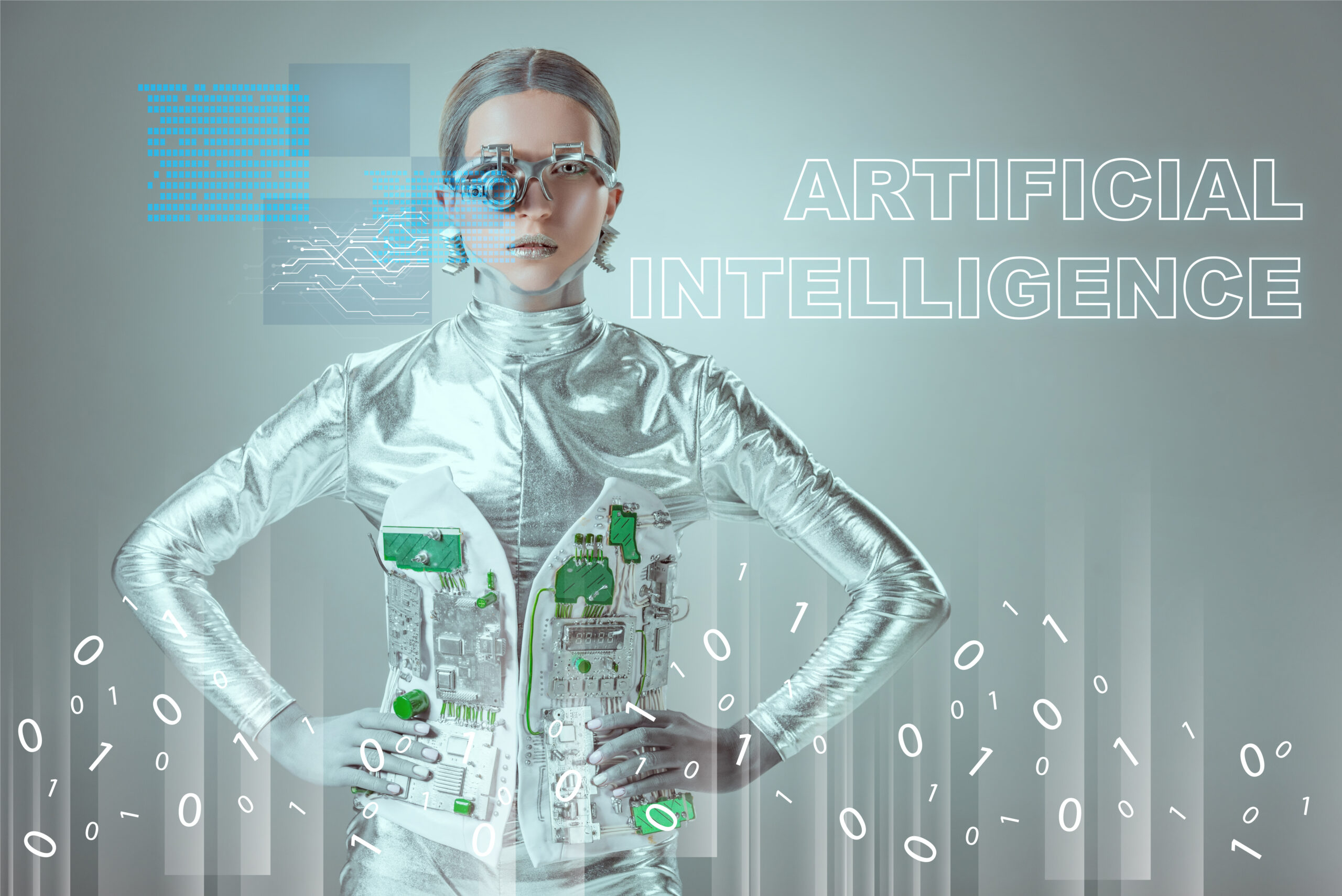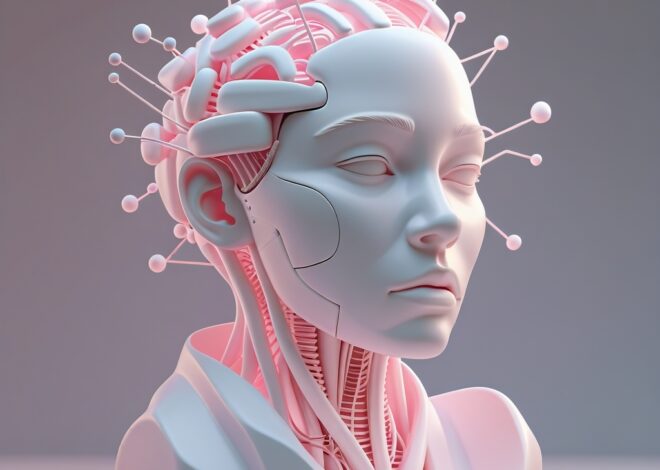
The human use by human beings.
As a rational and free being, man often seeks rational justification to guide his actions in a coherent and harmonious manner governed by ethical principles.
Having a compass on board is essential, even on a nuclear-powered ship, because the most important thing is to know where you want to go and be sure you are going in the right direction.
In all areas of human development, from the material to the technical to the spiritual, it is part of man’s task to live more and more fully human lives.
Authentic morality and ethical behavior are based on this principle.
Despite the enormous potential of science and technology, if it is not directed, it can result in both uncertainty about humanity’s future as well as manipulation, alienation and degeneration.

Professor Norbert Wiener, inventor of cybernetics at MIT, wrote “The Human Use of Human Beings” in 1957, one of the first books to analyze the ethical implications of information technology. According to him, the new problems posed by technology must be solved using the following methodology:
Incorporate technology into society while addressing ethical issues. Life, health, security, happiness, knowledge, opportunity, or other fundamental values can all be affected by the generation of technology.
- Make sure that any vague or ambiguous ideas or principles that relate to the topic or case are clearly stated.
- Whenever possible, apply existing principles, laws, rules, and practices that govern human behavior.
- Determine the ethical implications of technology integration.
There is a focus here on how technology may affect (or is already affecting) life, health, security, happiness, knowledge, opportunity, or any other fundamental value.



